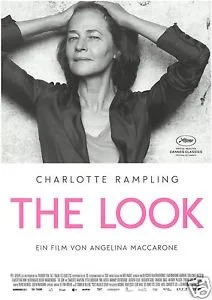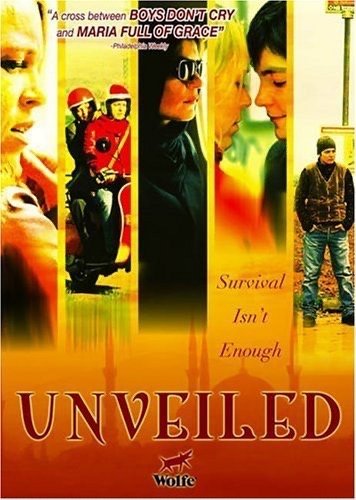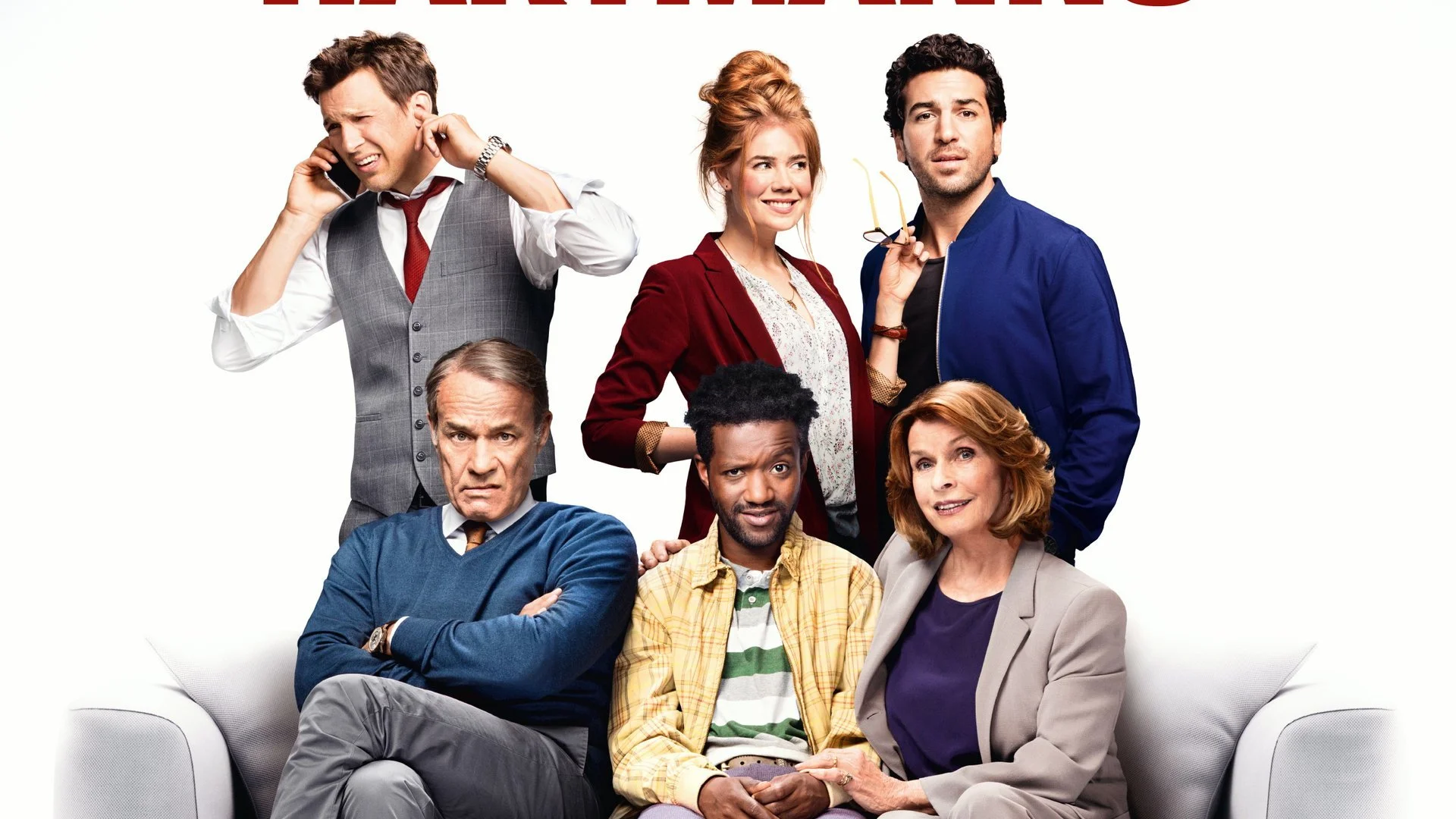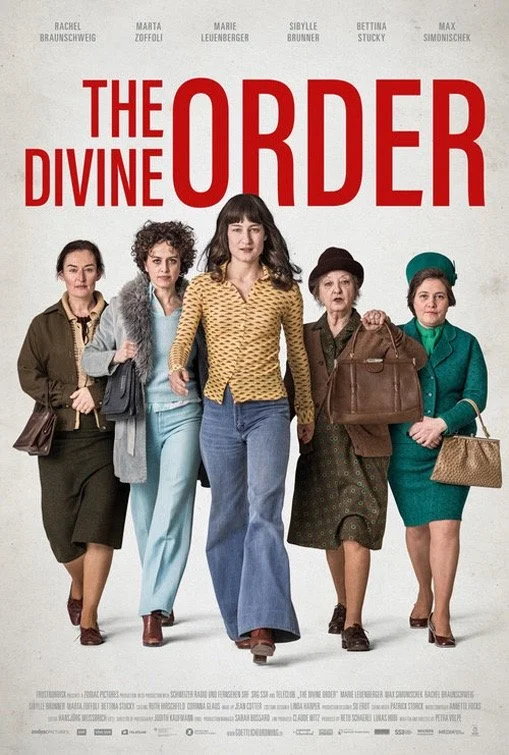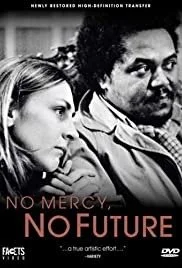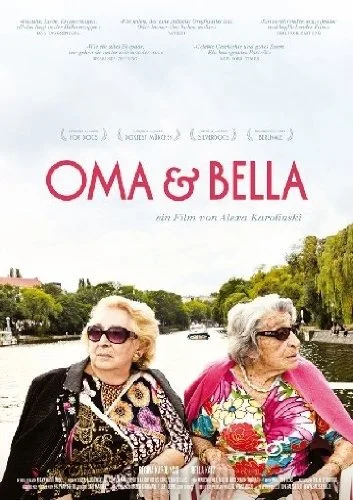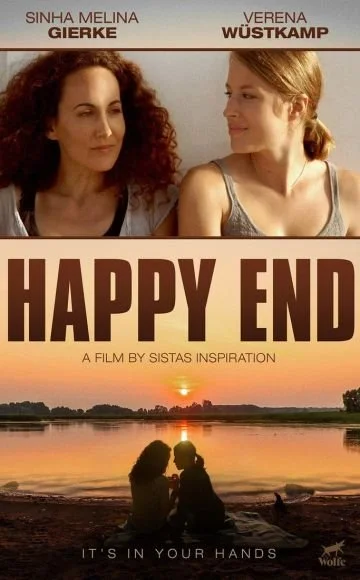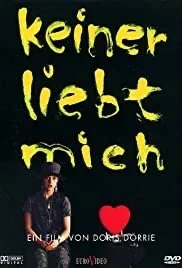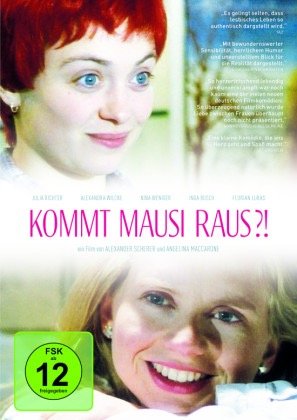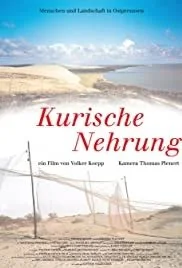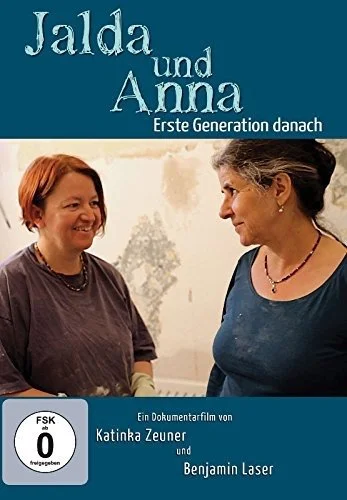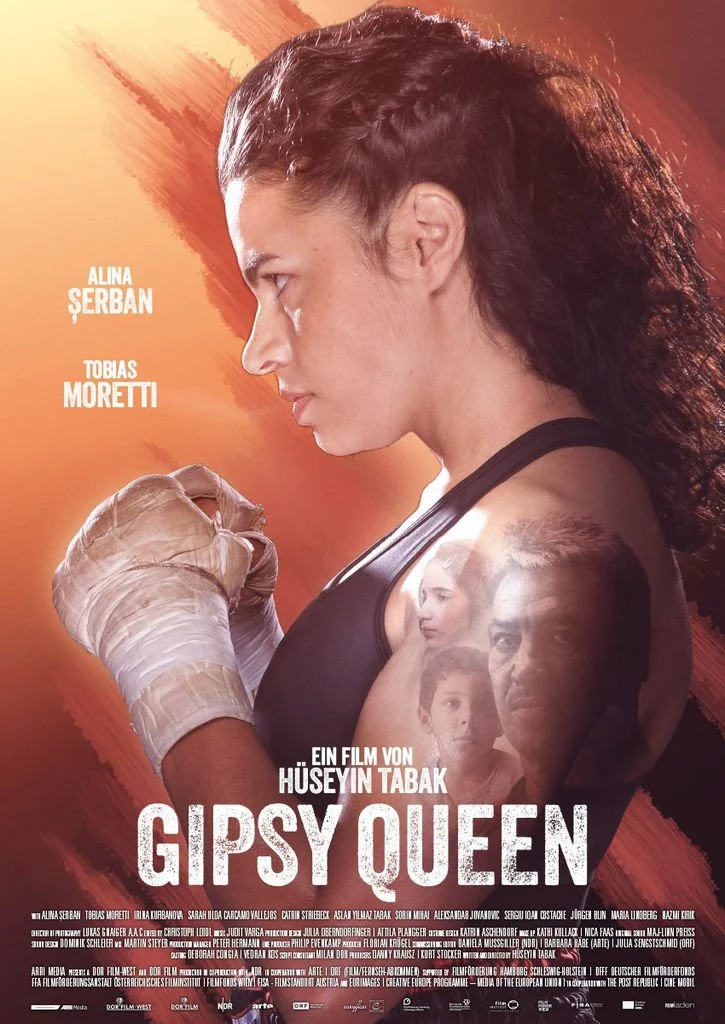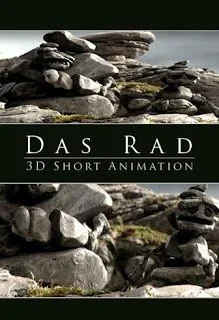- Activism
- Animation
- Asylum
- Austria
- Berlin
- Black Germans
- Childhood
- Cologne
- Colonialism
- Comedy
- DDR
- Documentary
- East/West Germany
- Environment
- Food
- Hamburg
- Health
- Holocaust
- Immigration
- Intergenerational Families
- Jewish
- Judicial system
- Lesbian/Gay
- Lübeck
- Munich
- National Socialism
- Politics
- Pomerania
- Racism
- Religion
- Sexism
- Short films
- Stuttgart
- Switzerland
- Twins
- Weimar Republic
The Look
THE LOOK features Charlotte Rampling in a series of reflective conversations with artists, friends, and one-time collaborators such as novelist Paul Auster and photographers Peter Lindbergh and Juergen Teller, revealing the personality and philosophies of one of our most iconic screen stars.
Unveiled
Fariba, prosecuted in Iran because of her love for a women, flees to Germany. But, her application for asylum is turned down. Her desperate prospects are improved by the suicide of her fellow-inmate Siamak: she assumes his identity and using his temporary permit of sojourn, is send to a province village. At first glance her survival seems to be assured, but in the refugee home she is obliged to uphold her male disguise in cramped quarters and a single mistake could blow up her cover.
Willkommen bei den Hartmanns
A well-off Munich family offers boarding to a refugee. Diallo from Nigeria soon makes friends among the family members, but they are tested when they have to face racism, bureaucracy and terror suspicions because of him.
The Divine Order
The Divine Order (German: Die göttliche Ordnung) is a 2017 Swiss comedy-drama film directed by Petra Volpe. It was selected as the Swiss entry for the Best Foreign Language Film at the 90th Academy Awards, but it was not nominated.
The film centres on Nora Ruckstuhl, a housewife and mother in a small village. She publicly advocates for women’s suffrage in Switzerland to be voted on in a 1971 referendum. In the early 1970s as black power, women’s liberation and the sexual revolution are overtaking America, Nora Ruckstuhl is a housewife living in a small Swiss farming village where she lives with her husband, Hans, their two sons, and her father-in-law. When Nora suggests that she might like to go back to work as she is bored of housework her husband suggests that they have another child.
No Mercy, No Future
Veronika Christoph, the troubled daughter of uncaring bourgeois parents, has been institutionalized due to her schizophrenia. Without proper psychiatric treatment for her unearthly visions, she prowls the streets along the Berlin Wall at night in search of God, yet settles for the company of strange, exiled men.
The American Friend
Wim Wenders pays loving homage to rough-and-tumble Hollywood film noir with The American Friend, a loose adaptation of Patricia Highsmith’s novel Ripley’s Game.
Oma & Bella
Oma and Bella is an intimate glimpse into the life of two dynamic elderly Jewish women in Berlin. The film follows them as make elaborate dishes recalled from their childhoods, before the Holocaust. Through the cooking of the sumptuous meals, they retain a part of their past past while remaining very much engaged in the present.
Happy End?!
Lucca is in the middle of her A-level exams, heading for a career as a high-flying lawyer when she is mistakenly accused of criminal damage and sentenced to community service in a hospice. There she meets Valerie who is determined to carry out the last wishes of her friend Herma, despite Herma’s son who is only interested in his inheritance. Lucca helps Valerie to kidnap Herma’s ashes and they begin a journey which turns Lucca’s ideas and values upside down.
Keiner liebt mich
In terms of pure imagination, both Doerrie and husband/longtime cameraman Helge Weindler are at their peak here. The weird, Fellini-like characters peopling her heroine’s Cologne skyscraper, the carnival masks on the city’s streets and her oddball yet sympathetic characters all come together in a fantastic, funny and bittersweet bouquet. Weindler’s cinematography is luscious, warm and impeccable.
Jacob the Liar
A Jewish ghetto in central Europe, 1944. By coincidence, Jakob Heym eavesdrops on a German radio broadcast announcing the Soviet Army is making slow by steady progress towards central Europe. In order to keep his companion in misfortune, Mischa, from risking his life for a few potatoes, he tells him what he heard and announces that he is in possession of a radio - in the ghetto a crime punishable by death. It doesn't take long for word of Jakob's secret to spread - suddenly, there is new hope and something to live for - and so Jakob finds himself in the uncomfortable position of having to come up with more and more stories.
Harvest of Empire
Film based on the ground-breaking book by award-winning journalist and Democracy Now! co-host Juan González. Featuring real life stories and rare archival footage, the film examines the political events, social conditions, and U.S. government actions that led millions of Latino families to leave their homelands in an unprecedented wave of migration over the past six decades. At a time of heated and divisive debate over federal immigration policy, producers Eduardo López and Wendy Thompson-Marquez felt it was important to offer a rare and powerful glimpse into the enormous sacrifices and rarely-noted triumphs of the millions of Latino immigrants who are transforming the cultural and economic landscape of the nation.
Kommt Mausi raus?
Young Mausi (a nickname) leaves her hometown - a very small province town in northwestern Germany - to live in the city of Hamburg. Being about 18 years old she has just finished school and seeks her freedom away from home. She knows she loves women but never dared to live accordingly. In Hamburg she soon finds a lover and a good friend, too, and the strength to face the narrow-minded people at home. After struggling with it for some time she returns for a visit to tell at least her mother and best friend.
Kurische Nehrung
The ‘Kurische Nehrung’ is a promontory between the Baltic Sea and the Kaff, whose northern part belongs to Lithuania, while the south is Russian territory. This documentary feature depicts the landscape, the differences between the two countries, the opinions of the people and the German roots some of the inhabitants have.
Jalda und Anna: Erste Generation danach
Jalda Rebling and Anna Adam share many things. Not only that they both live together in the Prenzlauer Berg district of Berlin and that they both decided to express their lives in art. What unites the two much more is the fact that they are daughters whose mothers each survived the Holocaust in Auschwitz. And this aspect of the past can be found in many facets of their lives today. The film accompanies the cheerful ladies as it shows how they use their work as artists to reflect on and comment on the events of the past. Anna’s art projects such as the “happy hippie jew bus” are just as much a part of this as Jalda’s work as a musician in a medieval Jewish music style band and her work as a member of the Concervatice Yeshiva University in Jerusalem.
Herr Lehmann
In October 1989, the part of the West Berlin borough of Kreuzberg called SO 36, had been largely shut off by the Wall from the rest of the city for 28 years. A lethargic sub-culture of students, artists, bohemians and barflys had flourished among crumbling buildings. Part of that microcosm is barkeeper Frank, semi-formally called ‘Herr Lehmann’ by friends and patrons. He hangs out drinking, sports utter disregard for anything beyond SO 36 and lazily pursues an affair with cook Katrin. His lifestyle is gradually disturbed, when his parents show up for a visit, things go awry with Katrin and his best friend Karl starts to act strange. Meanwhile, political turmoil mounts on the other side of the Wall.
Landrauschen
With a mixture of documentary recordings and working with amateur actors who speak in their own dialect, the authentic atmosphere of a real village is re-imagined in a fictional story and the deep identity conflicts in it are revealed.
Greetings from Fukushima
A young German woman bonds with an elderly Japanese woman while touring the Fukushima region of Japan in the aftermath of the 2011 earthquake.
Gypsy Queen
Ali, a courageous woman and single mother of two kids, works with the trainer and owner of a rundown box club in order to provide for her family. Ali has the heart of a lioness, is proud, doesn't complain and works herself to the bone for her two children, as a cleaner in Hamburg’s famous nightclub “Ritze.” But deep in her heart Ali carries a wound: after she became an unmarried mother in Romania she was disowned by her father - for whom, until then, she was the Gypsy Queen, the queen of all Roma. When Ali discovers the boxing ring in the Ritze’s basement one day and gets to watch a fight, it brings back memories of boxing training with her father. Fully equipped and disappointed by life, Ali vents all her fury on the punching bag one evening. Tanne, ex-boxer and owner of the Ritze sees her and recognizes her talent. She starts to box again and sees the chance for a better life.
Das Rad
Apparently, rocks are having conversations all around us, but they talk very, very slowly. Das Rad is, at times, quite funny (Hew, the larger of the two rocks, spends several millenia dealing with an algae “rash”), but the most impressive thing about this 9-minute short (aside form the animation, which is phenomenal) is the way it handles the passage of time.
Spielzeugland
A German mother lies to her son about where the Nazis are sending their Jewish neighbors. Good filmmakers don’t need a feature to make powerful movies. “Toyland” is a film that works so brilliantly that it managed to be powerful, thought-provoking and even gut-wrenching than most Hollywood films that are eight to ten times longer. With sparse dialogue, director Jochen Alexander Freydank keeps us hooked throughout this superb short film.

